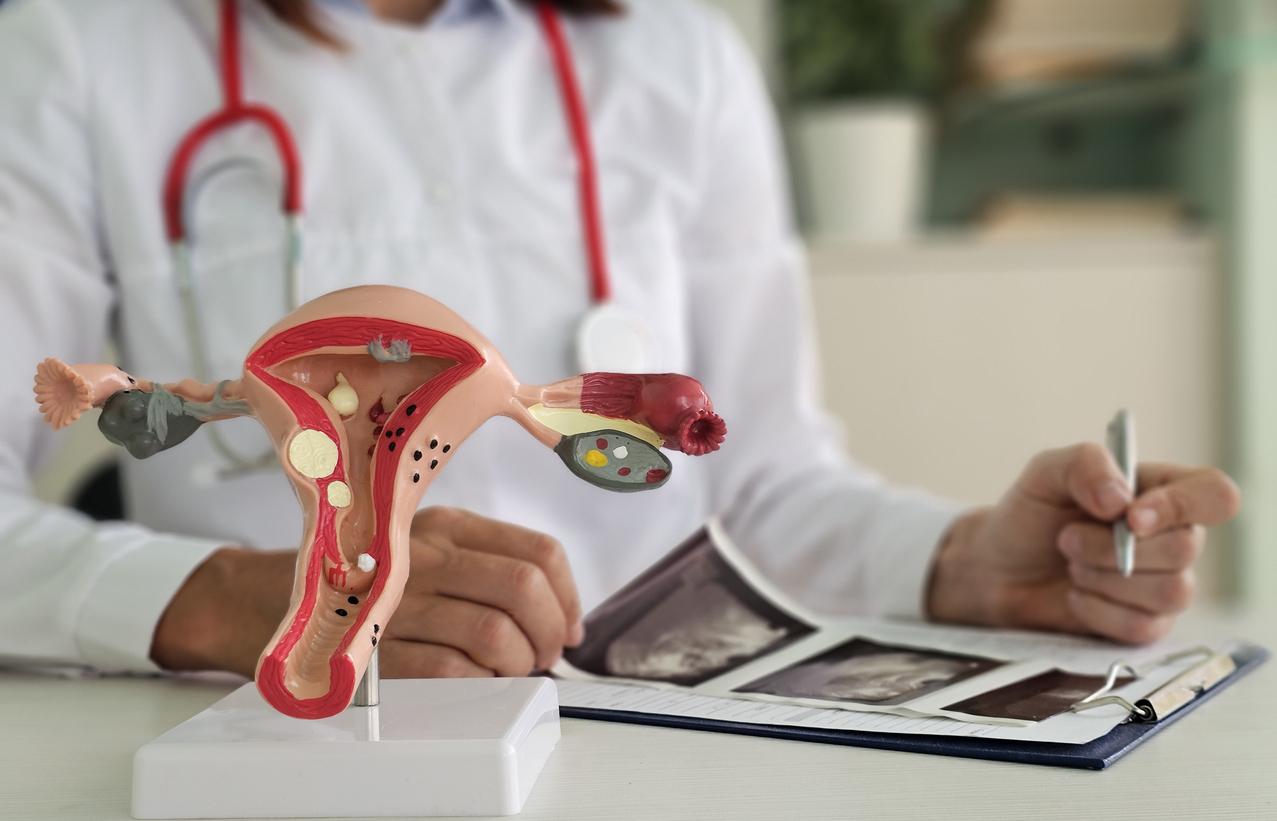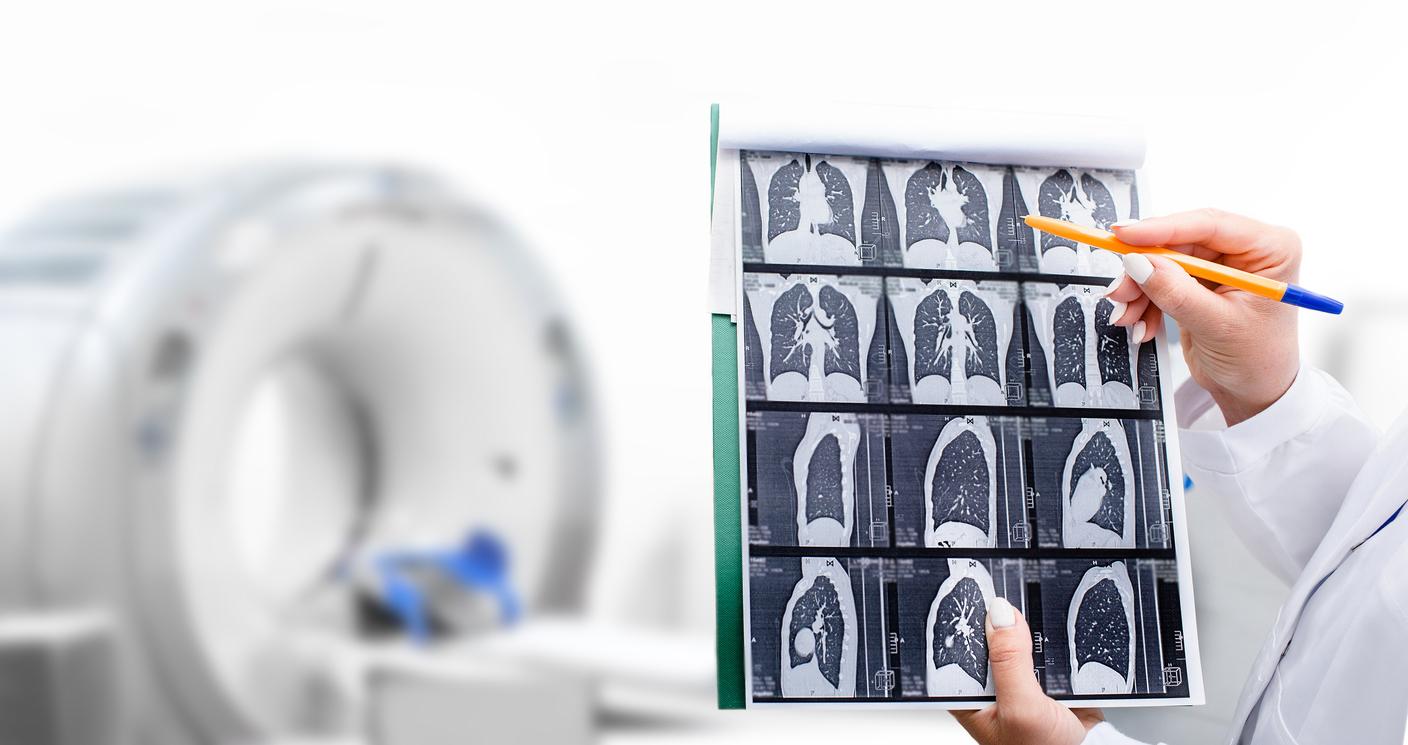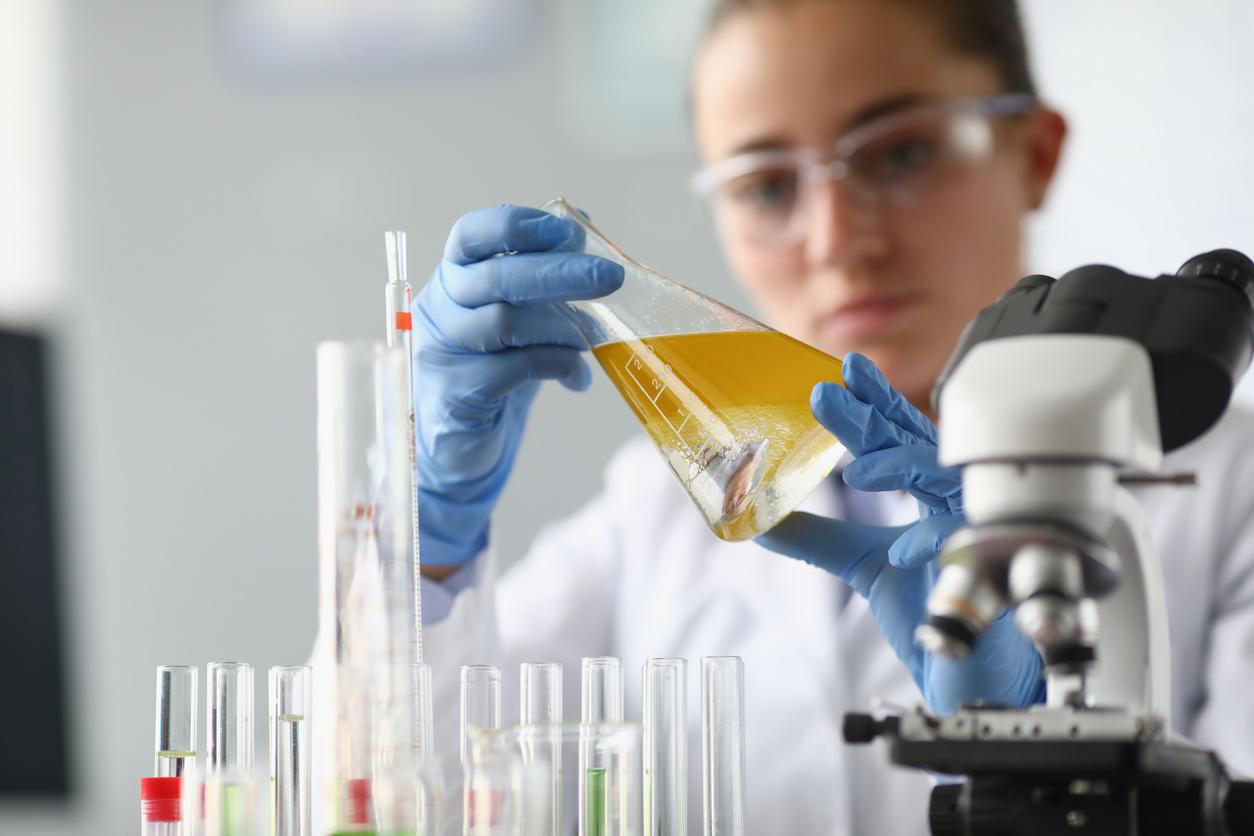From January 2023, seven new diseases will be added to newborn screening (DNN). A public health approach, it now concerns all babies born in France and aims to detect certain rare diseases in order to take charge of the infant even before the appearance of the first signs of the disease. “In 2021, the national neonatal screening program detected 1,165 sick children, i.e. an incidence of one sick child for 641 children screened.indicates a communicated of the Ministry of Health.
Currently, six diseases are tested in France via neonatal screening:
- There phenylketonuriaa genetic disease that causes severe mental retardation and neurological and psychiatric complications;
- I’congenital hypothyroidisma defect in the functioning of the thyroid gland which in particular generates severe mental retardation in children;
- I’congenital adrenal hyperplasiaa genetic defect in the functioning of the adrenal glands which can lead to dehydration and disorders of genital development;
- There cystic fibrosisa genetic disease that leads to severe and repeated respiratory infections as well as digestive complications;
- THE MCAD deficiency (Medium-Chain-Acyl-CoA Dehydrogenase), a disease that causes the body to have difficulty using fat for energy. It can be responsible for comas that can lead to the death of the child.
- There sickle cell disease, if the child belongs to populations exposed to the disease. It is a genetic abnormality of hemoglobin that can result in persistent anemia, vascular complications and repeated infections.
The Haute Autorité de Santé has just published a new opinion recommending the generalization of screening for sickle cell disease to all newborns.
To know. This neonatal screening is supplemented by screening for neonatal permanent deafness.
What are the new diseases added to screening?
In addition to the pathologies already screened, François Braun announced that seven other diseases and metabolic errors will be added to the program from 1er January 2023. These are:
- Three aminoacidopathies: homocysturia (HCY), leukocinosis (MSUD) and tyrosinemia type 1 (TYR1);
- Two organic aciduria: glutaric aciduria type 1 (GA1) and isolvaleric aciduria (IVA);
- Two beta-oxidation deficiencies: long-chain COA hydroxyacyl dehydrogenase deficiency (LCHAD) and carnitine uptake deficiency (CUD).
“This measure will thus allow early treatment of affected children and will drastically reduce mortality and potential long-term sequelae.says the Ministry of Health.
Neonatal screening: in practice, how does it work? Newborn screening is free: it is most often carried out at the maternity ward (sometimes at home), between 48 and 72 hours after birth. Parental consent is required.
Concretely, neonatal screening takes the form of a mini “blood test” : it is carried out by taking drops of blood on a blotter, after a small puncture in the heel of the newborn. The results are analyzed quickly and, if a pathology is detected, the care is immediate – consultations with the pediatrician, possible treatments, organization of the follow-up…
How is France situated in Europe?
While France was the first country to launch national neonatal screening for phenylketonuria, it has lagged behind other European countries. For example in Belgium, neonatal screening now takes into account 10 diseases. In Austria and Sweden, 24 pathologies are screened at birth.
“It’s a step forward, but we have to do better. We really need to do more. In particular for all the diseases for which we know that the treatments are taken as soon as possible, they are much more effective, or even the number of diseases for which we know that with a diet, the patients will be able to survive “says Laurence Tiennot-Herment, president of the AFM-Téléthon association.
Source :
- National Neonatal Screening Day on November 18: the Minister of Health and Prevention announces its extension to seven other diseases and the generalization of screening for sickle cell disease to all newborns, Ministry of Health and PreventionNovember 18, 2022
















